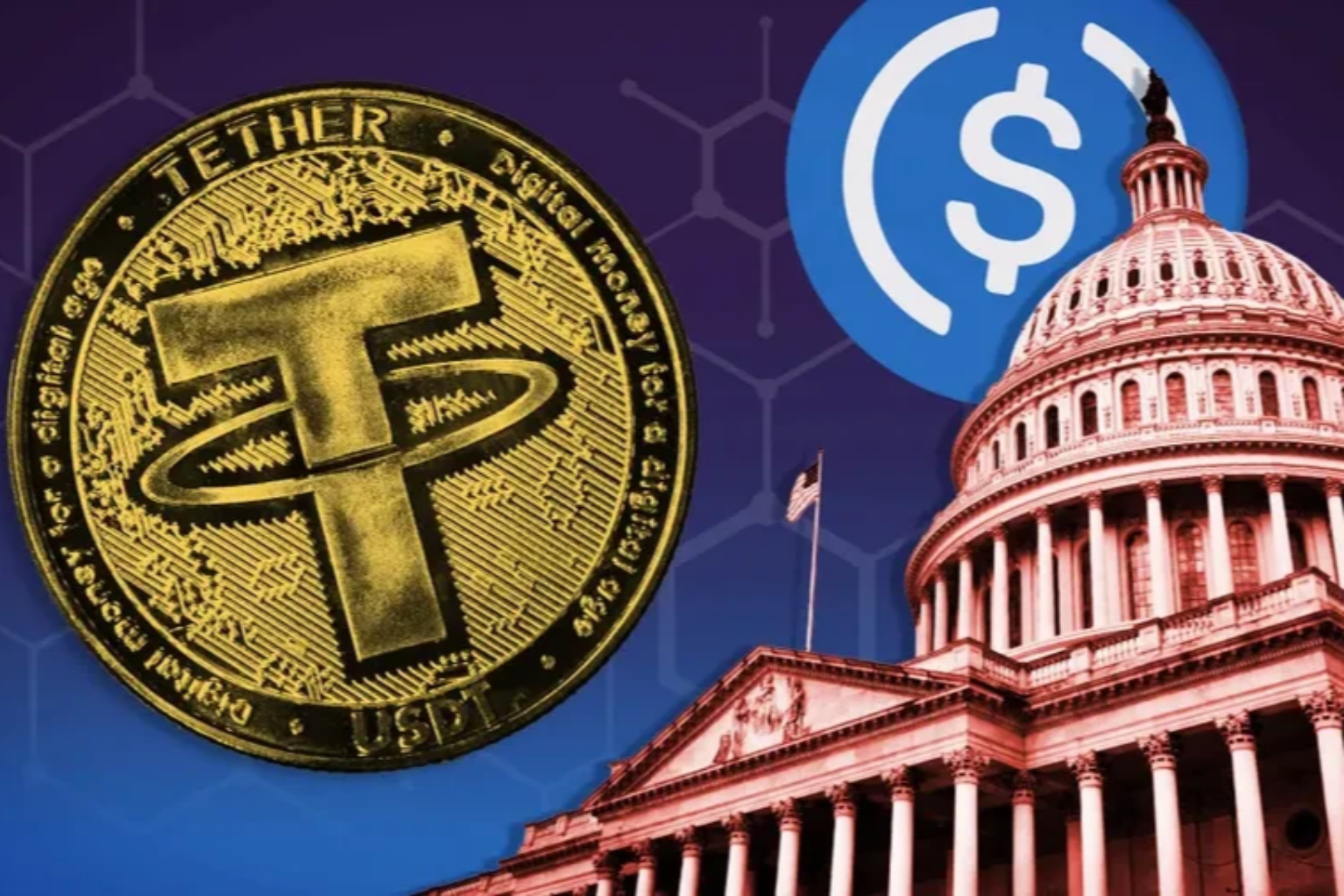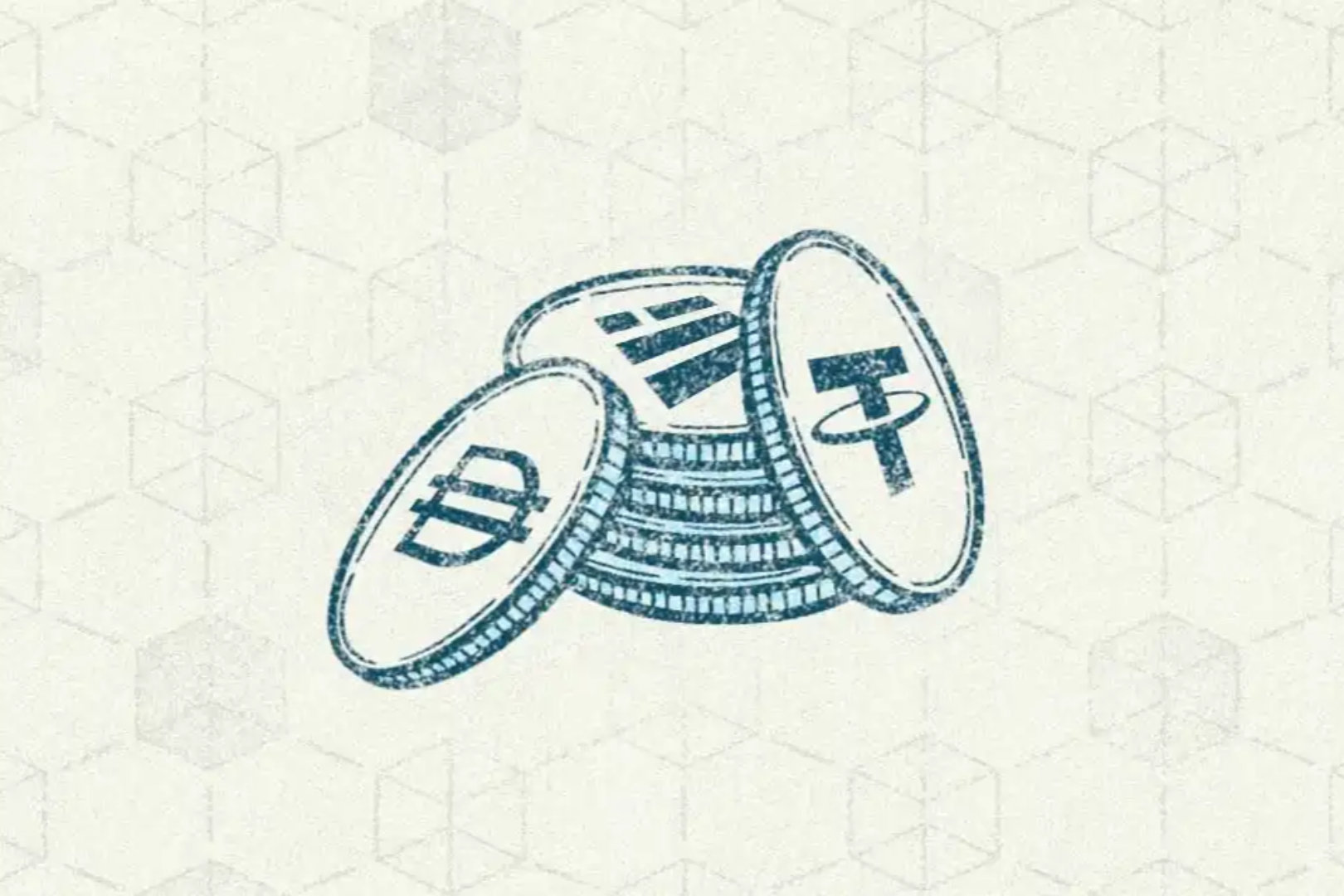
It is said that the Ministry of Finance of South Korea is preparing to formulate an amendment to the Personal Income Tax Act to implement cryptocurrency-related tax legislation. Draft amendments to the Tax Code will be published in July and submitted to regular parliamentary review in September. It is understood that the amendment to the Tax Law, which is expected to be implemented next year, will definitely include a tax plan for cryptocurrencies. This means that if the amendment is passed in Congress in September this year, people will be required to pay normal taxes when they invest in bitcoin starting next year.
In principle, "where there is income, there is taxation". But many things are yet to be determined. Some countries tax the gains from cryptocurrencies according to the "transfer income tax", which is indeed in line with the spirit of taxation "pay as much as you earn". The problem is that tax authorities need to find out the actual income of the taxpayer and accurately grasp the purchase and sale amount of the taxpayer in order to tax the transfer income. However, this task is nearly impossible. In the end, the tax authorities can only rely on the amount declared by the taxpayer to collect taxes, which is prone to concealment and false reporting, and the existing capabilities and resources of the tax authorities are difficult to prevent such things from happening.
Therefore, the Ministry of Finance intends to tax cryptocurrencies under “other income taxes.” Other income does not need to pay attention to the price at the time of purchase by the investor, and is only taxed according to the withdrawal amount at the time of realization, and the exchange will directly deduct it from the withdrawal amount when the user trades. For the tax authorities, not only is the operation more convenient, It also avoids the hidden danger of tax evasion for users. That is, the government intends to tax cryptocurrencies at the basic rate (20%) and cost deduction ratio (60%) of other income taxes. In this way, when an investor withdraws 1 million won in cash through the Upbit exchange, after deducting the cost of 600,000 won, he needs to pay 20% of other income tax of 80,000 won on the remaining 400,000 won, and the cash that can be withdrawn is only 92. million won. So, if an investor invests 2 million won in buying cryptocurrency at the beginning, and then the currency price is halved to 1 million won, will the investor still need to pay 80,000 won in income tax? If they feel aggrieved, investors can submit supporting materials to the National Taxation Office within the comprehensive income tax declaration period, so as to obtain a tax refund of 80,000 won already paid, and operate in the form of tax collection in advance and dissatisfaction with appeals.
It is taxed according to other income taxes, even if the investor does not obtain investment income, he still needs to pay taxes. Moreover, if there are no relevant exceptions, other income taxes need to be included in the comprehensive income. For those with higher annual salaries, they may also need to pay taxes at a tax rate of more than 20%. For example, if a person's annual salary is 100 million won (taxable income), and the applicable comprehensive income tax rate is 35%, then when the person earns income by investing in Bitcoin and withdraws 10 million won from the exchange 800,000 won tax will be deducted during the withdrawal process (calculated at 20% of 4 million won after deducting the cost of 6 million won), and then when the comprehensive income tax is calculated in May, it is found that the other income tax rates applicable to him are not 20%, but 35%, then the person needs to pay 15% of the 4 million won, or 600,000 won in tax. In this case, the higher the annual salary, the higher the taxes that need to be paid after investing in cryptocurrencies to earn income.
Now everything is up in the air. However, judging from the news from the public, the result does not seem to be particularly friendly to investors in the currency circle. The South Korean government released a draft amendment to the tax law related to cryptocurrencies in June or July this year.
JOIND Koran reporter neoran@joongang.co.kr





